Publications
Articles, publications, books, tools and multimedia features from the U.S. Institute of Peace provide the latest news, analysis, research findings, practitioner guides and reports, all related to the conflict zones and issues that are at the center of the Institute’s work to prevent and reduce violent conflict.
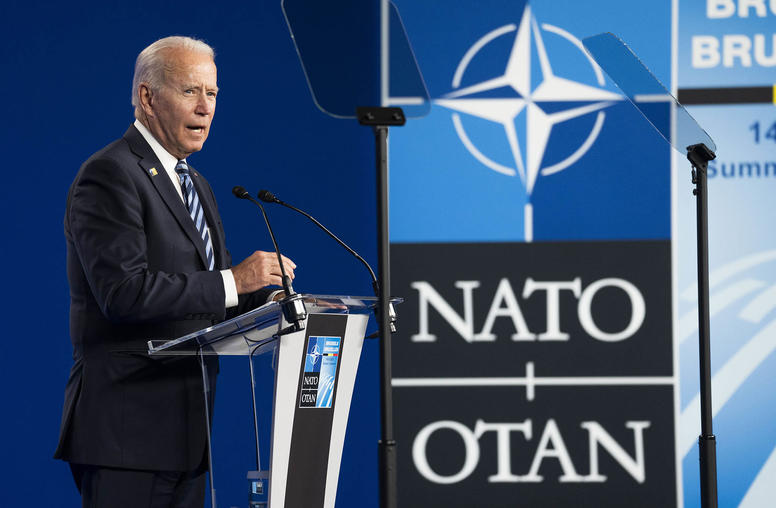
Despite Ukraine Focus, Asia-Pacific to Play Prominent Role at NATO Summit
NATO countries meet this week in Madrid, Spain amid Russia’s war on Ukraine, the biggest test the alliance has faced in decades. The summit is expected to focus heavily on demonstrating NATO’s unity, support for Ukraine and the bids of Finland and Sweden — propelled by Russia’s aggressive incursion — to join the alliance. But developments in the Asia-Pacific, chiefly the rise of China, will also be a top item on the agenda, with Australia, Japan, New Zealand and South Korea participating at the leader level for the first time at a NATO summit.
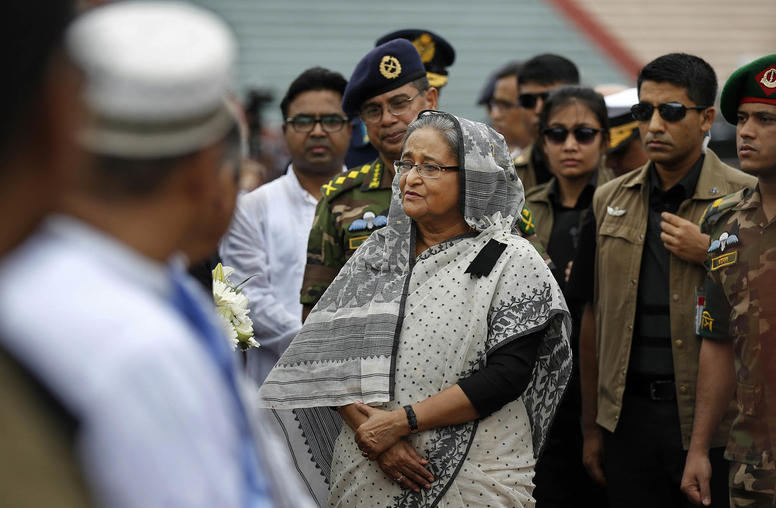
The Persistent Challenge of Extremism in Bangladesh
On July 1, 2016, Bangladeshi militants carried out an attack, targeting mostly foreigners and non-Muslims, at the Holey Artisan Bakery in Dhaka. The Bangladeshi government responded to the attack with a concerted and controversial counterterrorism campaign. Although the number of terrorist incidents has been in steady decline since 2016, Islamist groups continue to operate, recruit, and carry out small-scale attacks while aspiring to perpetrate greater violence. This report examines the dynamics, drivers, and manifestations of extremism in Bangladesh and discusses measures to weaken its appeal.
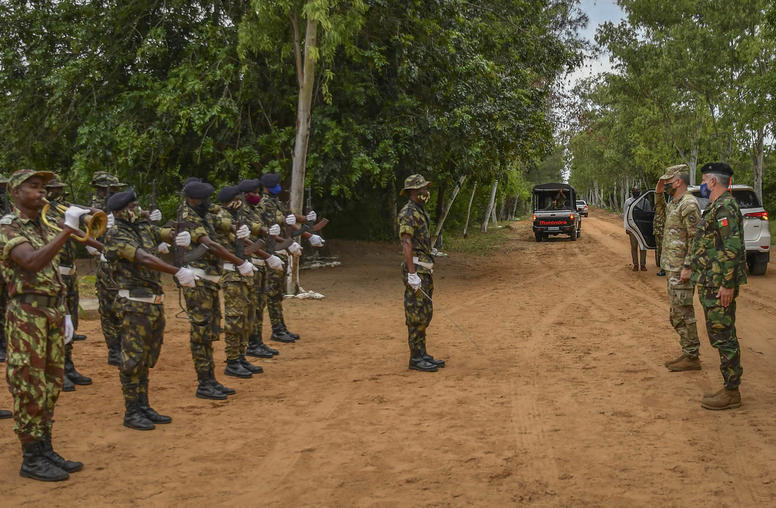
Regional Security Support: A Vital First Step for Peace in Mozambique
Over the last year, Mozambique has seen a marked improvement in security conditions in its troubled Cabo Delgado region. The military intervention of Southern African Development Community (SADC) member states and Rwanda has disrupted an Islamist insurgency that emerged in 2017 and has since inflicted an enormous toll on the region. Security in key areas of Cabo Delgado and neighboring provinces has stabilized, giving the Mozambican government — and its international backers — an opportunity to foster reconciliation leading to an enduring peace. The Mozambican government should immediately take advantage of this exceptional regional commitment, which won’t last forever.
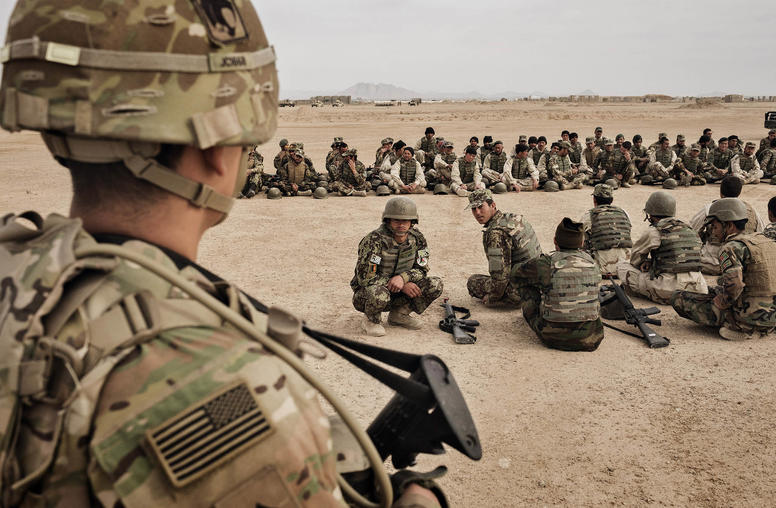
Why Have the Wars in Afghanistan and Ukraine Played Out So Differently?
The Taliban insurgency and U.S. troop withdrawal, and Russian incursions culminating in the February 24 invasion, constituted existential “stress tests” for Afghanistan and Ukraine, respectively. Ukraine and its international supporters have succeeded in preventing an outright Russian victory, imposing severe and continuing costs on Russia — ranging from high casualties to financial sanctions. Whatever happens next, the invasion has solidified Ukraine’s national will, status and orientation as an independent, Western-oriented sovereign country. In sharp contrast, Afghanistan’s government and security forces collapsed within a month after U.S. troops left the country, its president and many others fled, and the Taliban rapidly took over.
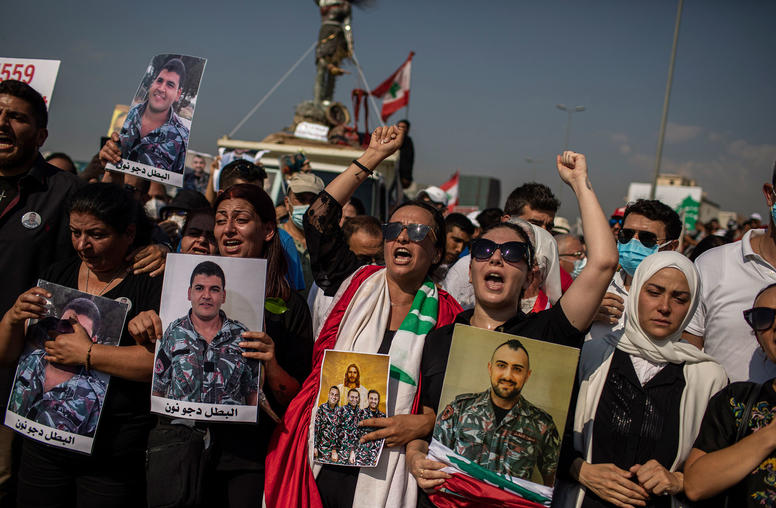
Amid Historic Crisis, Has a New Hope Emerged in Lebanon?
As Lebanon suffers from an historic economic crisis propelled by the venality of its political establishment, the May 15 elections have injected a glimmer of hope amid gloomy prospects for the future. Thirteen independent candidates — part of what is dubbed the “change opposition” — won seats in the 128-member Parliament. “The election of these 13 MPs [members of Parliament] is a very important, gradual first step toward more peaceful political change and reform in Lebanon,” said Mona Yacoubian, a Lebanon expert and senior advisor for the U.S. Institute of Peace. But the road ahead is fraught with internal challenges and external forces that could impede Lebanon’s much-needed reform.

Leo Siebert on the State of Tunisia’s Democracy
Last summer, “Tunisians had really reached a breaking point in their frustration with the previous government” and welcomed President Kais Saied’s dissolution of parliament, says USIP’s Leo Siebert. But that hope “is now shifting to apprehensiveness that things might not be going in the right direction.”
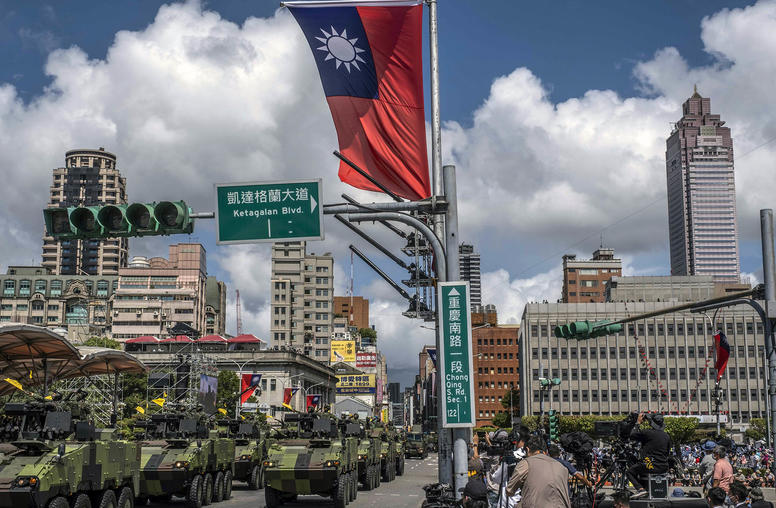
The United States and China: Who Changed the ‘Status Quo’ over Taiwan?
Taiwan has been the perennial problematic issue in U.S.-China relations for decades. President Biden’s comments during a recent trip to East Asia put that in stark relief. When asked if the United States would be willing to “militarily defend” Taiwan if China were to invade, Biden said, “Yes, that’s the commitment we made.” Administration officials later appeared to walk back the president’s comments. But Beijing reacted forcefully, conducting military drills close to the island and with numerous Chinese officials condemning the comments. Most recently, at the Shangri-La Dialogue earlier this June, Chinese Defense Minister Wei Fenghe warned that the People’s Liberation Army will “fight to the very end” if Taiwan dares to “secede” from China. Beijing’s vociferous reaction to Biden’s comments underscores how contentious the Taiwan issue remains and how easily tensions can flare.
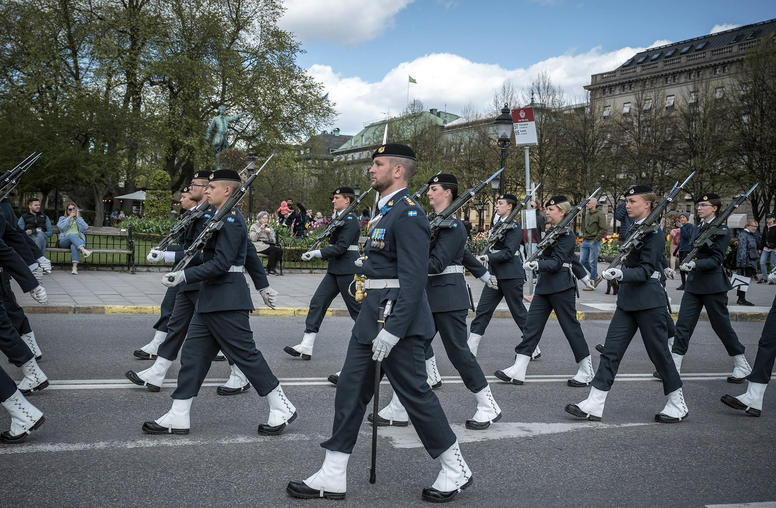
Russia Has Relaxed its Rhetoric on NATO’s Nordic Expansion
Russia for years has warned that it would take military steps, among others, to counter any eventual decision by Finland or Sweden to join NATO. Yet since the Nordic countries declared that intention in mid-May, Russian officials’ changing rhetoric suggests that the Kremlin will seek to avoid any real confrontation over prospective NATO expansion.
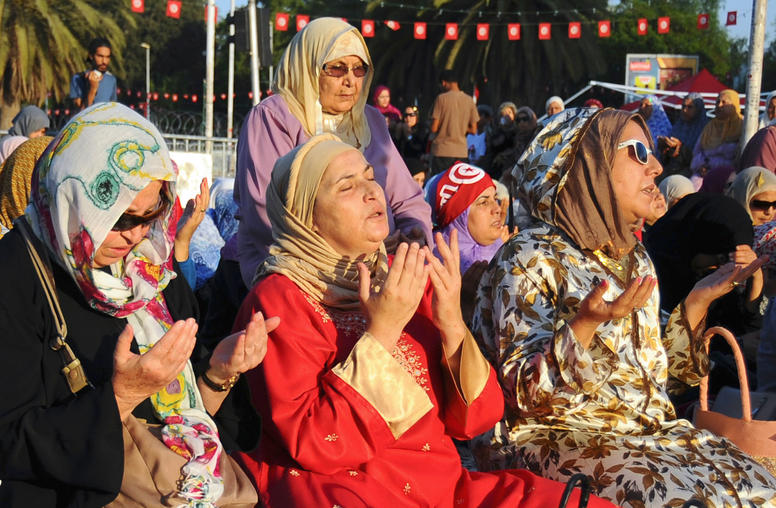
Global Trends and Challenges to Protecting and Promoting Freedom of Religion or Belief
USIP collaborated with USAID’s Center for Faith-Based and Neighborhood Partnerships on an initiative called Closing the Gap to study the relationship between religious freedom and regime type, political stability, and economic development. This report summarizes the study’s main findings and offers recommendations for policymakers and peace practitioners seeking to protect and promote the freedom of individuals to practice the religion of their choice, convert to another faith, or profess no faith at all.
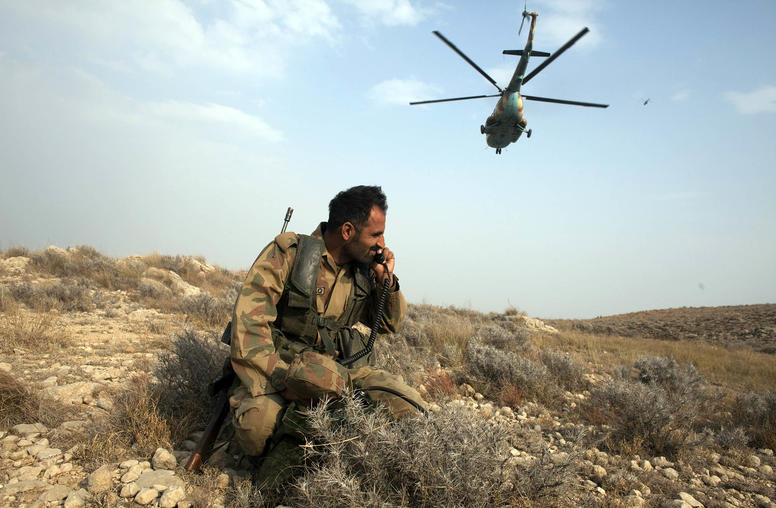
Five Things to Watch in the Islamabad-Pakistani Taliban Talks
After several months of intense fighting, the Pakistani government and the anti-Pakistan insurgent group the Tehreek-e-Taliban Pakistan (TTP) are talking once again. In early June, the TTP, also known as the Pakistani Taliban, announced a cessation of hostilities with Pakistan for three months. This cease-fire resulted from weeks of secret talks in Kabul between the TTP and Pakistani military officials, followed by a more public meeting between the TTP and Pakistani tribal leaders — both mediated by the Afghan Taliban. For the first time, the Afghan Taliban also confirmed the talks and their role as mediators between Pakistan and the TTP.